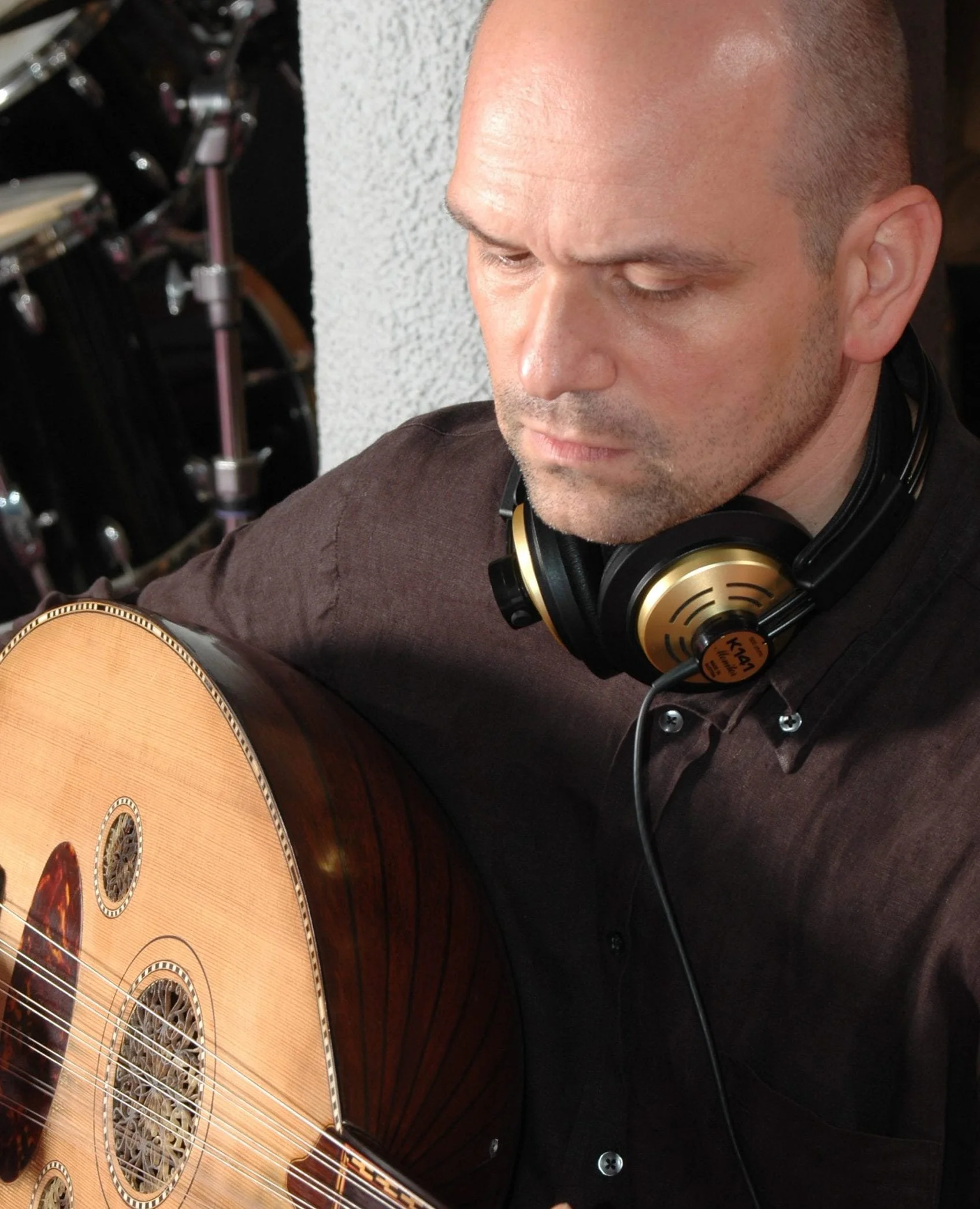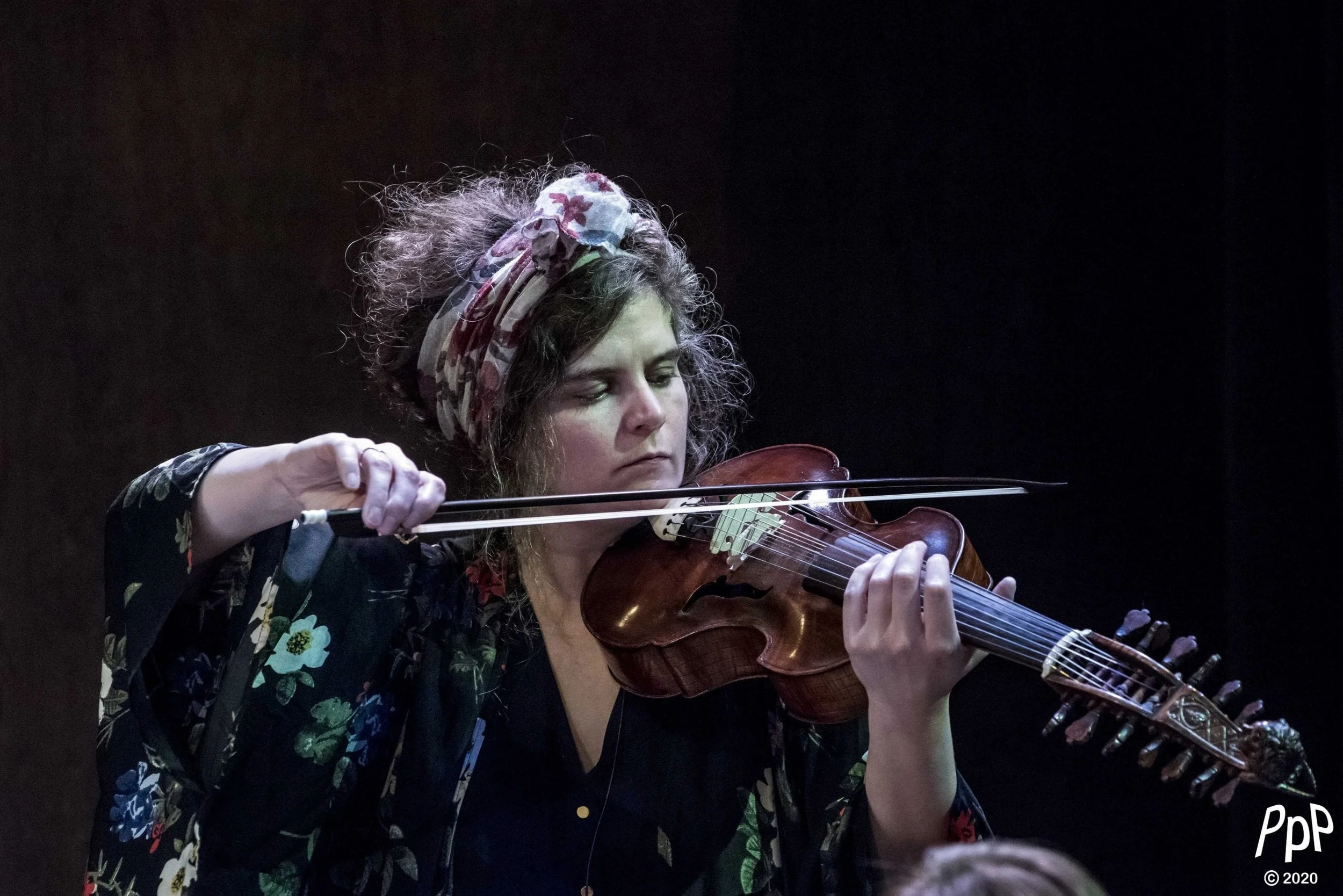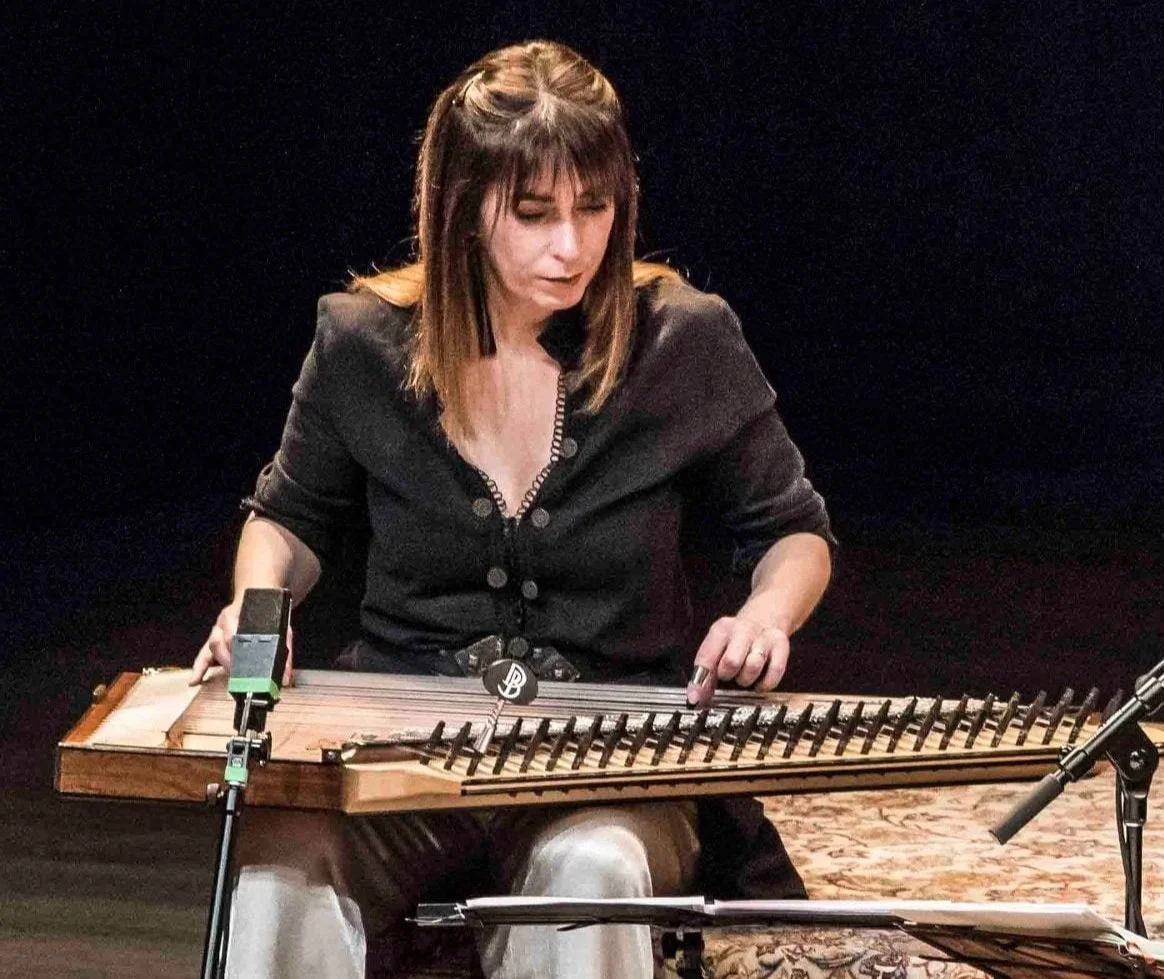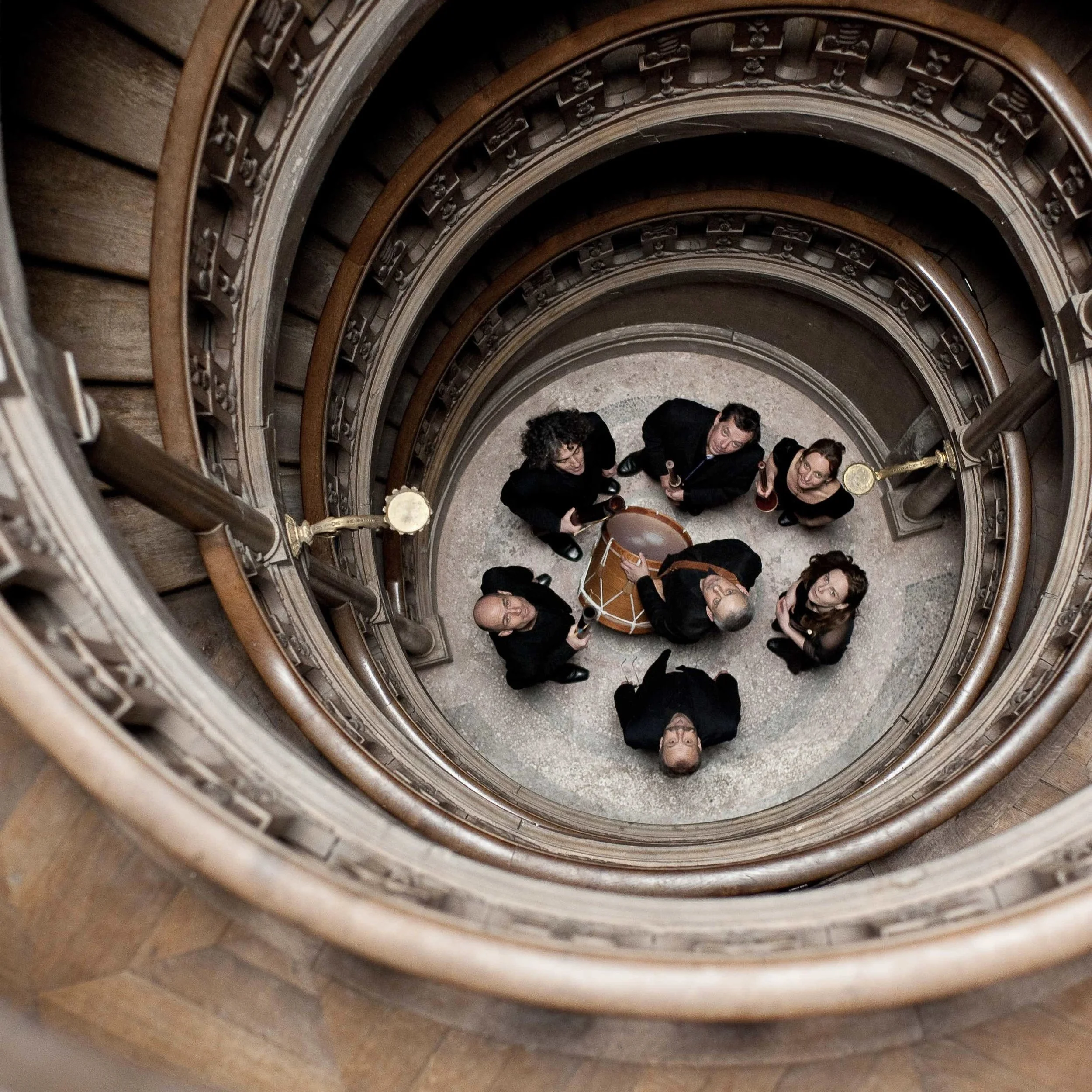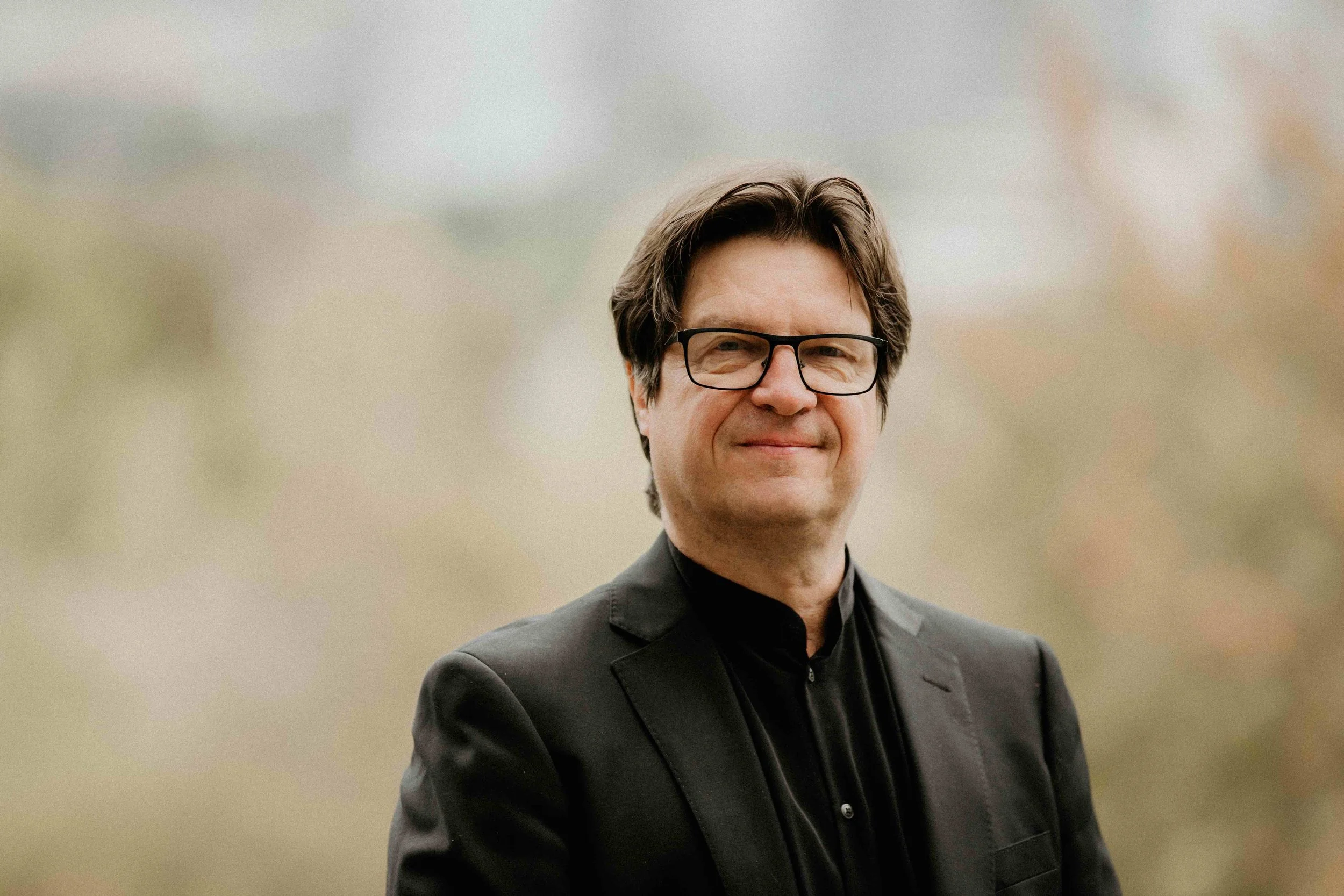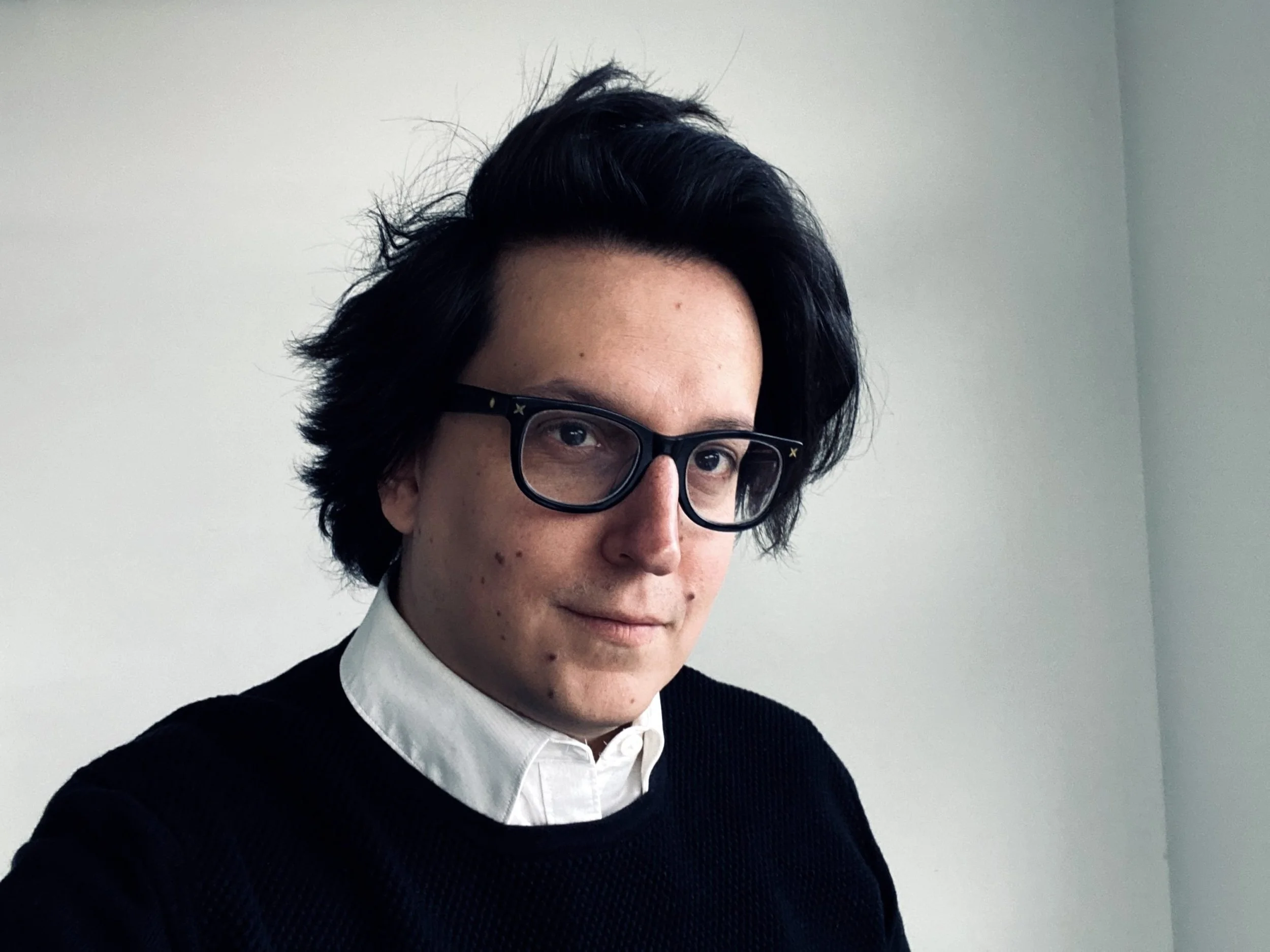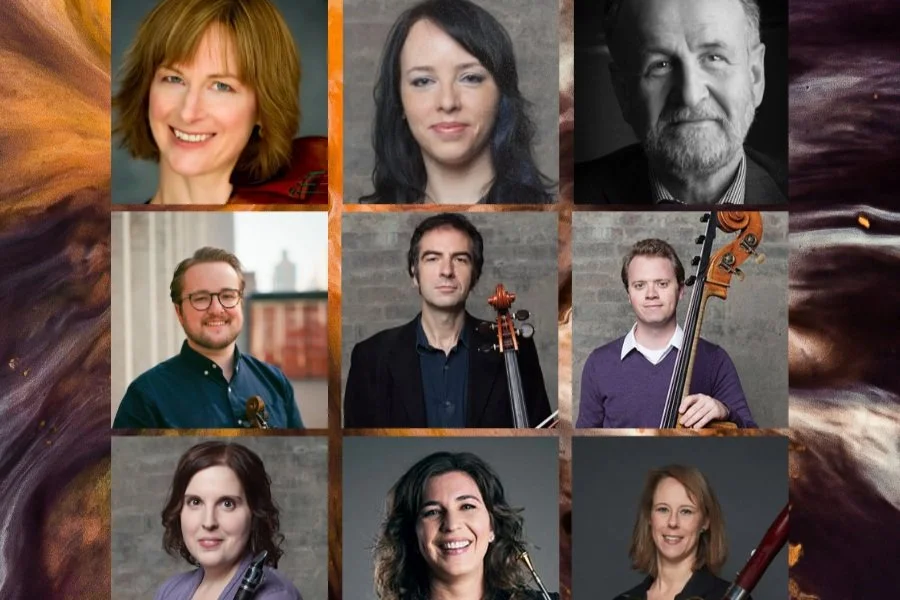Music review: Treasures from Byzantine Manuscripts provides mesmerizing musical escape to centuries-old Greece
Haunting strings, nuanced drums resurrect rich textures from a distant world
Greece’s En Chordais
Tanya LaPerrière
Didem Basar
Early Music Vancouver presented Treasures from Byzantium Manuscripts on September 24 at BlueShore Financial Centre for the Arts
AS MUCH AS the collaborative concert between Thessaloniki’s En Chordais and Montreal’s Constantinople was a heady escape to the Byzantine world Saturday night, two issues from the here-and-now were impossible to ignore.
One was the protests currently happening in Iran; Early Music Vancouver artistic director Suzie LeBlanc paid tribute to the women burning their headscarves in Tehran and beyond right now—an issue that was top of mind at a concert that drew on centuries-old Persian music traditions.
The other was the presence of a pandemic—or at least one that prevents anyone who’s sick from travelling or appearing in concert, in this case acclaimed Constantinople founder Kiya Tabassian, the setar master whose shimmering, expressive strings were noticeably absent on this night.
However, the honed ensemble that made it here without him created intimate, richly textured music that left the audience spellbound—until it roused itself for a hearty standing O. The concert travelled across the Byzantine empire, not just drawing on ancient Greek music, but weaving in complex threads from the Persians, Turks, and Arabs that shared traditions throughout the region.
The concert also had the intrigue of discovery: En Chordais leader and oud master Kyriakos Kalaitzides has spent years uncovering once-lost written records of music preserved over centuries by monks. So while it is archaic, the music simultaneously feels new to western ears.
Watching the honed musicians of En Chordais and Constantinople, you’re struck by the intricacy of the music—and the importance of the smallest nuances. That’s true of the percussion by Hamin Honari and Patrick Graham, where the gentlest of gliding and fluttering fingers on hand drums add subtly beautiful new qualities to the playing. More obvious is the glimmering, otherworldly work of Didem Basar on the zitherlike kanun, and the husky, quivering notes of Kianoush Khalilian’s haunting ney—a cane-like flute that’s notoriously difficult to play.
The concert gave each of the instrumentalists a solo moment to shine—Tanya LaPerrière’s violin soaring, her attack precise but overflowing with passion and expressivity. Nikos Andros’s deep, modulating singing was mesmerizing throughout.
More than anything, the evening provided what felt like a secret portal into a vibrantly multicultural distant time.



